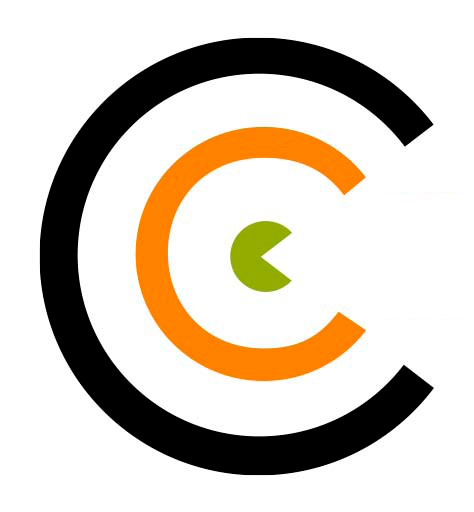Self-assessment of virtual programs of university education

In order to improve the quality of virtual education programmes, the persons in charge of the said programmes require, apart from their own point of view, external assessments carried out by professionals not belonging to the university in order for them to provide their own vision of the programme, its strengths, weaknesses and improvement opportunities. This focus makes it possible to self-assess the programmes as the first step of the process of its continuous improvement.
The purpose of this thesis is to design a model to be applied in the assessment of virtual education programmes, which includes assessment of the quality of the program itself, as well as its continuous assessment. This way the model is expected to become an useful tool in order to evaluate and improve all the elements of virtual education programmes in all the three phases of their existence, that is, the initial phase, the development phase and the final phase. The starting point of the design was a bibliographical-documental analysis of the elements of virtual education programmes and indications regarding assessment methods of the said programmes, as well as a specific bibliographical study of the standards, models and tools created in order to evaluate the quality of virtual educations which can be applied in the self-assessment of the said programmes. Based on the results of the said analysis, a model for the self-assessment of virtual education programmes was created, composed of two variables, fourteen dimensions and one hundred eleven indicators.
In order to facilitate its application and specify the utility of the proposed indicators a description sheet was created for each indicators, containing all elements indicated by norm UNE 66175, that it, the name, purpose, description, calculation formula and requested evidence for each indicator in order to evaluate the degree of its fulfillment. Before creating the definitive model, two drafts were created and subject to the validation by 23 international virtual education experts, as well as applied in the self-assessment of four virtual programmes offered by Universidad Abierta y a Distancia de México and discussed in two discussion groups: one composed of Virtual System experts at the Universidad Virtual de la Universidad de Guadalajara (México) and the other one composed of five virtual education users (students).
Nevertheless, in order to verify the utility of the designed model it should be applied in the self-assessment of different virtual programmes, its application in the self-assessment of four virtual programmes allowed to verify its potential while assessing the quality of the said programmes through the detection of their strengths and weaknesses in order to design an action plan for their improvement. It, in turn, made it possible to present different proposals in order to facilitate the implementation of the model. Among the said proposals, we encounter different strategies in order to implement and monitor the model, strategies to overcome obstacles while implementing the model, proposal of an online protocol to self-assess virtual education programmes, proposal for an opinion questionnaire among the students regarding virtual education programme in its development stage and proposal for a lecture on the proposed Model of Self-assessment of virtual education programmes.